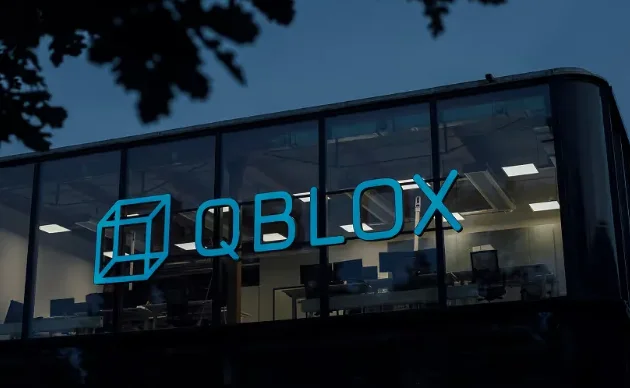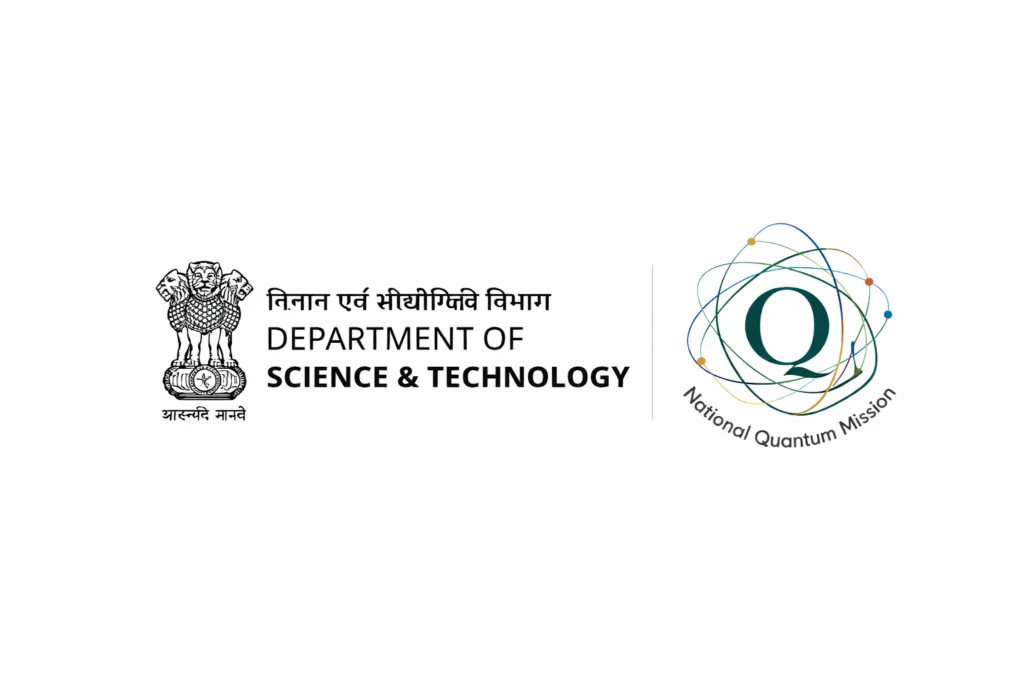Insider Brief
- The University of Oxford’s Responsible Technology Institute (RTI) is forming a new research collaboration with the Quantum Computing and Simulation Hub (QCS), and EY.
- The project will focus on engaging with industry, with policymakers, and with the general public to discuss how quantum computing may affect society and how to prepare
- The project is being led by Professor Marina Jirotka, Professor of Human-Centred Computing and Director of the RTI.
PRESS RELEASE — The University of Oxford’s Responsible Technology Institute (RTI) is delighted to announce a new research collaboration with the Quantum Computing and Simulation Hub (QCS), and EY.
Although significant progress has been made in quantum computing in recent years, there are many engineering challenges that remain before the commercialisation of the technology is a reality. Despite these challenges, it is the right time for the quantum computing community to engage with industry and with society on the technology’s implications. This is necessary in order to ensure that society experiences not only the benefits of advanced quantum computing research, but also that principles of good governance, transparency and other aspects of responsible development are translated from the research environment into the commercial sector.
The ResQCCom project (Responsible Quantum Computing Communications) will focus on engaging with industry, with policymakers, and with the general public to discuss how quantum computing may affect society and how to prepare for this.

The project is being led by Professor Marina Jirotka, Professor of Human-Centred Computing and Director of the RTI, who commented, “The rate of progress in quantum computing has accelerated enormously in recent years, and the industrial sector is rapidly becoming more developed. As potential use-cases become clearer, the importance of preparing for and anticipating its effects becomes more urgent.”
Professor Dominic O’Brien, Director of the QCS Hub, added “The quantum computing community is very aware of the need to discuss the possible affordances of these technologies, and to open dialogue with many different groups in order to ensure a good ‘fit’ with societal requirements”.
Mira Pijselman, who leads the digital ethics agenda for EY UK commented: “Ethics, responsibility and trust are essential to innovation and technology adoption. As organisations are increasingly interested in quantum computing capabilities and use cases, it is also necessary to consider how we can best align advances in this field with the promotion of human and planetary flourishing.”
More information can be found at www.rti.ox.ac.uk/resqccom
For more market insights, check out our latest quantum computing news here.















